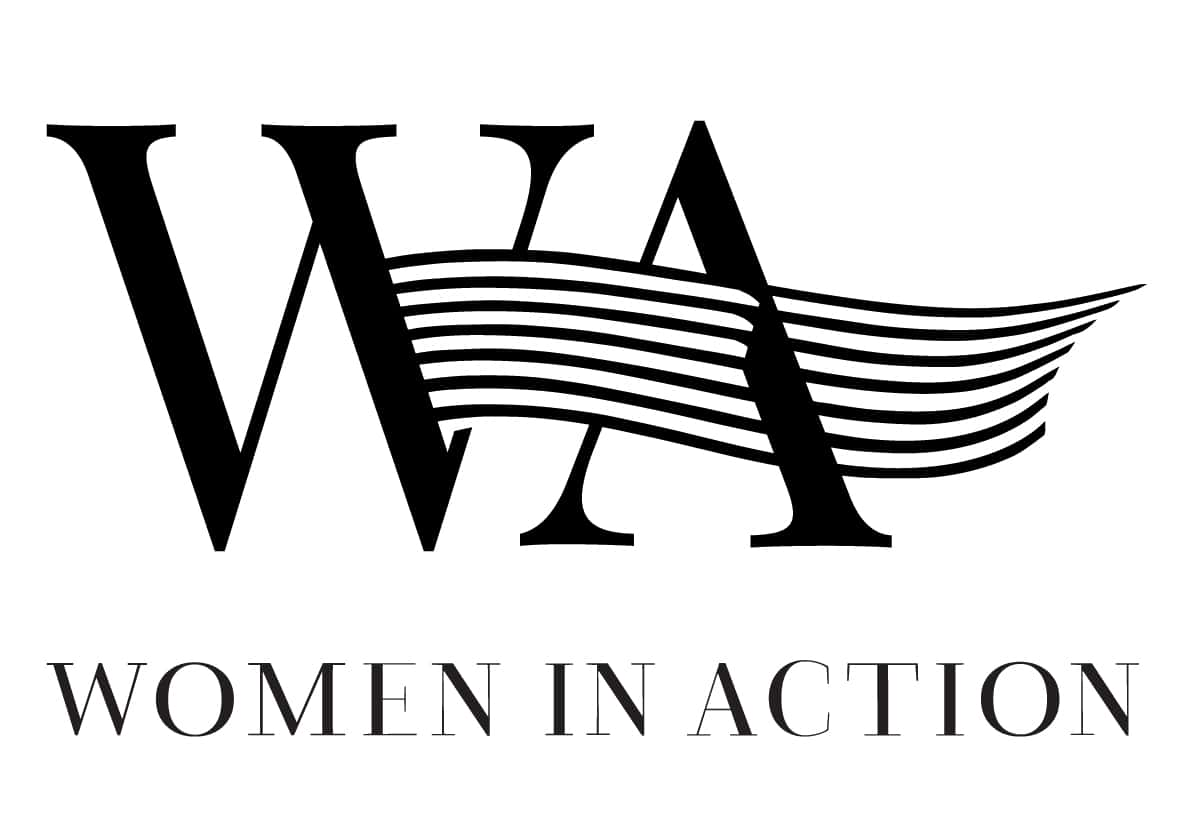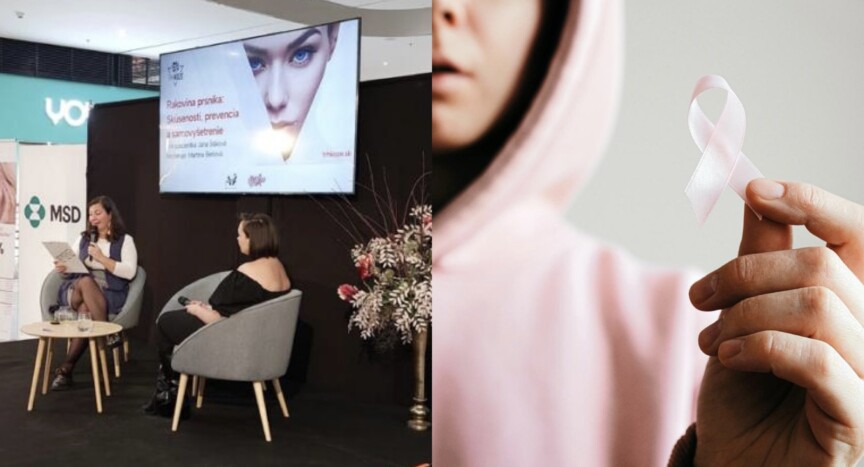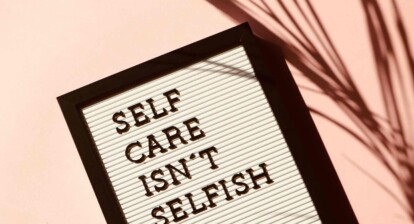Breast cancer is a disease that affects thousands of women every year, many of whom face the challenge without warning or awareness of prevention options. Despite advancements in medicine and early detection methods, one-third of breast cancer patients in Slovakia still visit their doctor in the later stages of the disease.
At an event focused on promoting women’s health, Janka Šišková, a woman whose story embodies courage, determination, and a desire to help others, shared her journey. Her path from breast cancer diagnosis to recovery serves as both a lesson and an inspiration.
Breast cancer and Janka’s fight
Janka Šišková’s story began subtly. “It was just an ordinary afternoon,” she recalls. “I was trying on new clothes at home when I suddenly felt a lump under my fingers.” At first, she thought it was nothing serious. However, after a few days, she decided to see a doctor, who diagnosed her with breast cancer after a series of tests. “Suddenly, my life turned upside down,” she admits.
The diagnosis was clear: stage three cancer with metastases in her lymph nodes. Despite the shock and feelings of helplessness, Janka knew she had a choice, give in to fear or start fighting.
Why is breast cancer prevention a key
Janka emphasizes that the greatest chance for successful treatment lies in detecting the disease at an early stage. According to the World Health Organization, early detection can reduce breast cancer mortality by up to 30%. Prevention doesn’t have to be complicated. Important are regular self-examinations, routine gynecological check-ups, and participation in mammography screenings which are available for women aged 50–69 in Slovakia.
“Unfortunately, many women believe that it can’t happen to them, or they postpone prevention for later. That is exactly the mistake.”
Janka’s message: Know your body
“Every woman should take the time to understand her body,” Janka says. She highlights that self-examinations are a simple yet effective way to detect changes in the breasts. Here’s her recommended method:
- Visual inspection in front of a mirror: Look for any changes, such as redness, dimpling, or changes in the shape of your breasts or nipples.
- Palpation: Using circular motions with your fingertips, examine your breasts and underarm area for lumps, hardening, or sensitive spots.
- Consistency: Perform self-examinations every month, ideally three to five days after your period. If you don’t have a period, choose a fixed day each month.
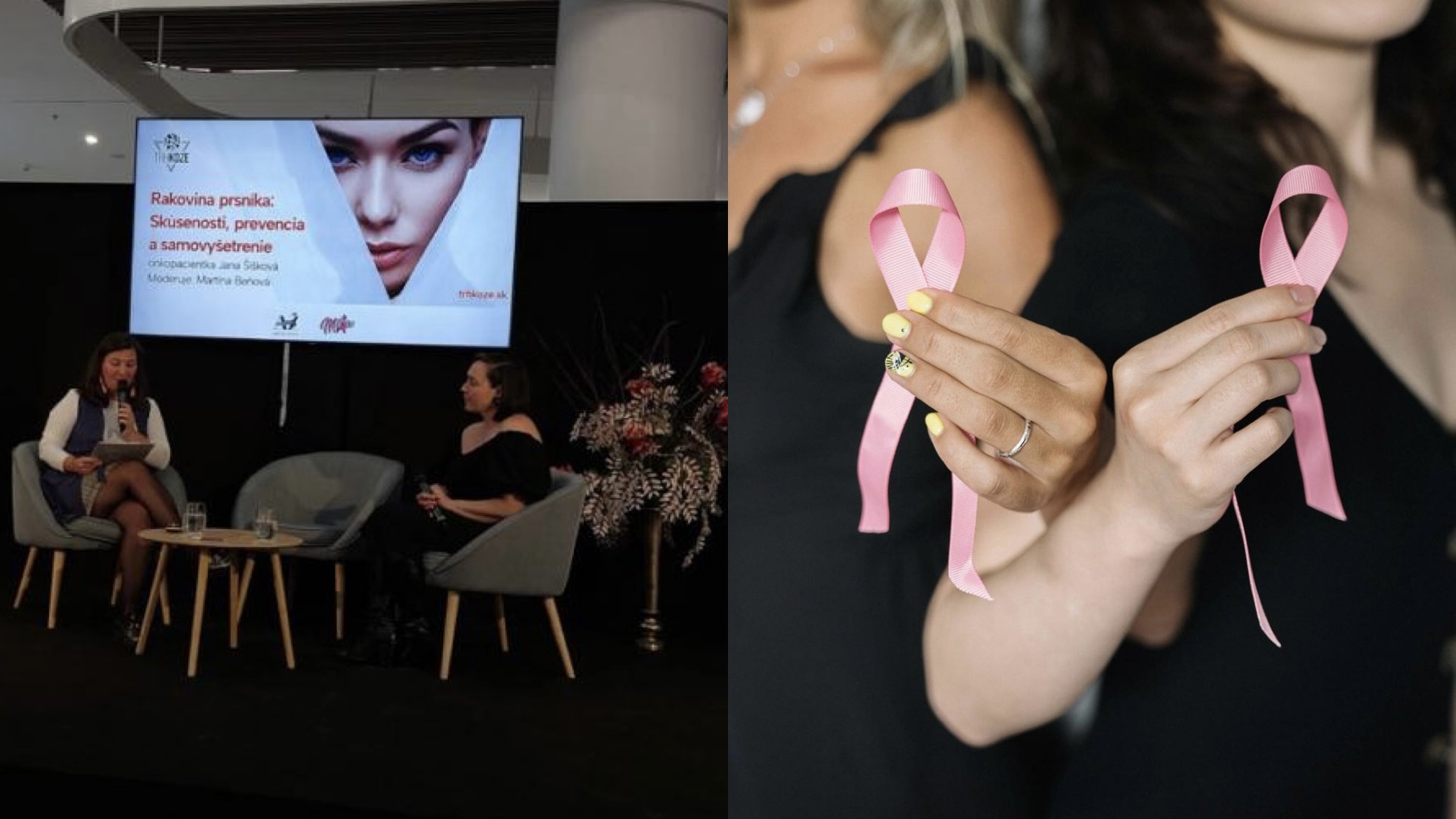
Archive Trh Kože
Cancer and its treatment: More than a physical burden
Breast cancer treatment often involves a combination of surgery, chemotherapy, radiation, and, in some cases, hormonal therapy. Janka stresses that the psychological aspect of the battle is equally challenging. “When I lost my hair, I felt like I had lost a part of my identity. That’s when I realized I needed help,” she shares.
Janka sought support from a psychologist and gradually learned to cope with her emotions. “Psychological support is just as important as physical treatment. It helped me not only survive tough times but also understand myself better,” she admits. Today, she encourages all women to seek help, whether professional or from loved ones.
Read also: Women in business and diplomacy
Awareness as a path to change
After her successful treatment, Janka decided her experience shouldn’t go unnoticed.
“I want women to know their health is invaluable. Every day without prevention is an unnecessary risk,” she says.
She now actively participates in campaigns promoting breast cancer prevention. One such initiative was Mila’s campaign held on International No Bra Day, which underscores the importance of breast health awareness. Thanks to these events, more women are realizing that prevention is the best protection.
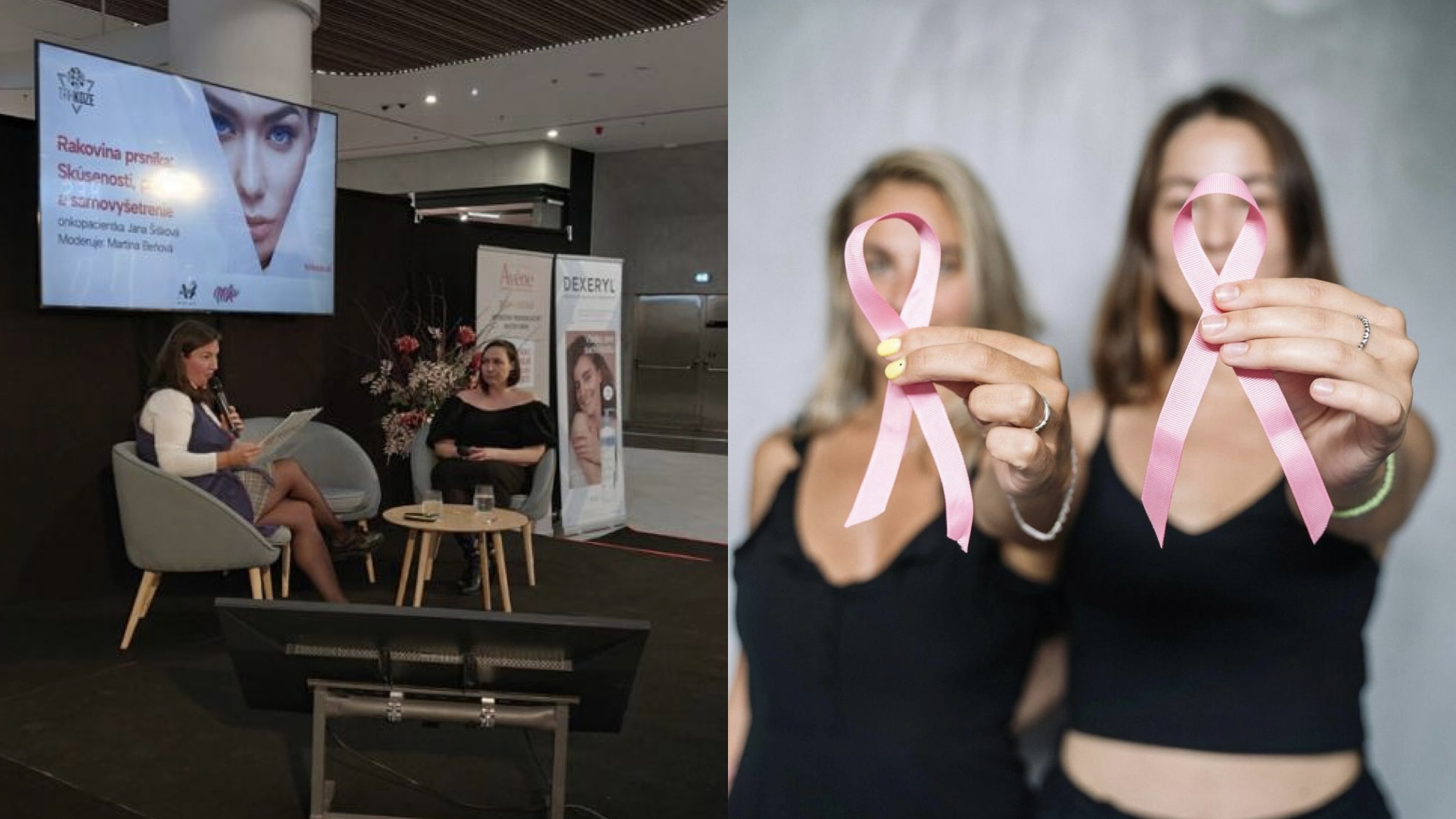
Archive Trh Kože
A message to women
“Breast cancer is a fight every one of us can win, if we act in time. Prevention is our greatest ally,” Janka reminds women. Her story proves that even in the toughest moments, strength, inspiration, and determination to help others can be found.
Janka’s message is simple yet profoundly important: Take a moment for yourself, care for your health, it could save your life.
